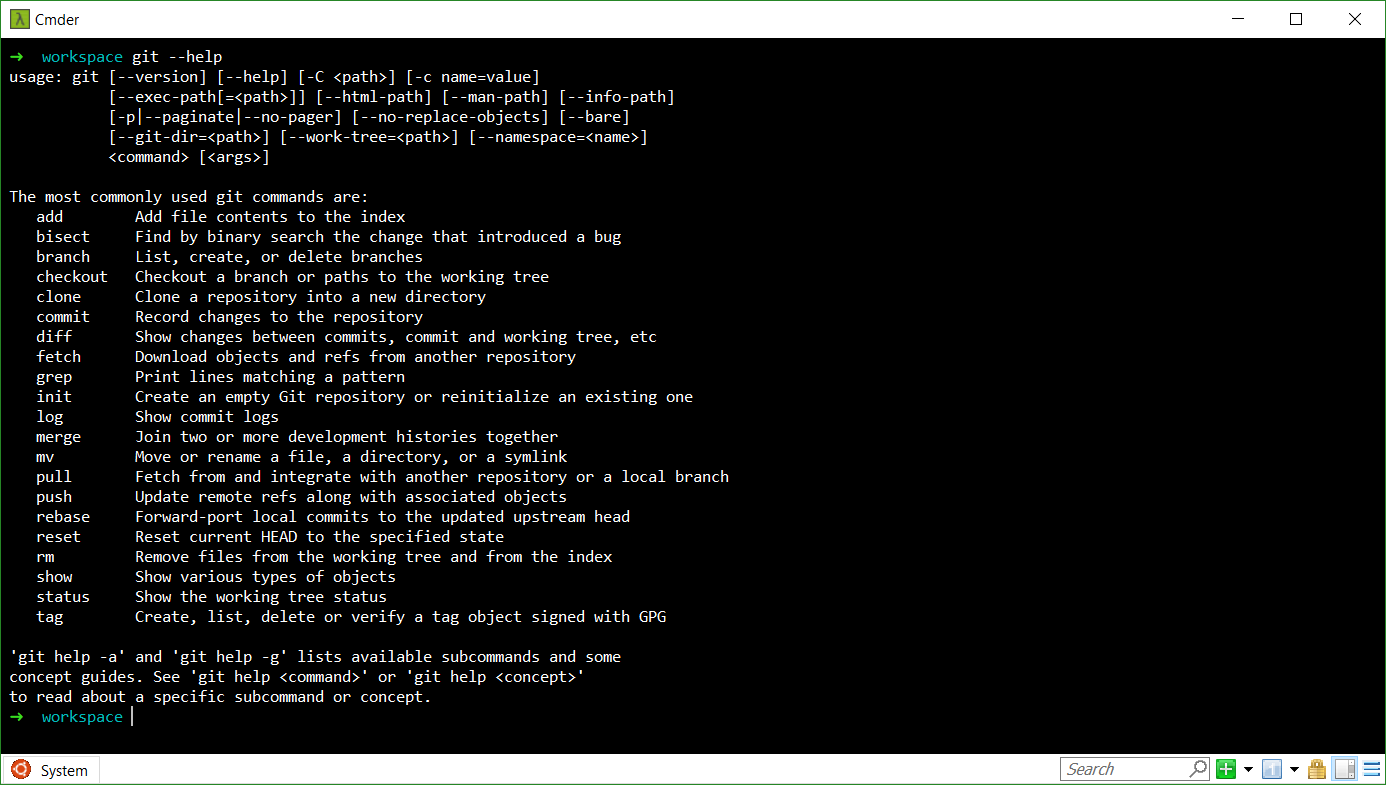Though I've come it to like running GNOME on Ubuntu, I found it that after a while GNOME became quite a RAM hog. A few weeks ago, I ran into Ubuntu Cinnamon Remix, which brings my favorite desktop environment, Cinnamon, to Ubuntu as default.
So far, I haven't used more than 4 GB of RAM with the same usage I had on GNOME. And, I've come come to realize how much more of a better fit Cinnamon is for my daily need. And, even though I like Linux Mint, being able to use Cinnamon as default on Ubuntu is something a like a bit more. Mainly because I prefer Ubuntu over Linux Mint, though I admit is mainly because Ubuntu was the first distro I used full time when I made the jump to Linux.
Yet, I don't discard making the jump back to Linux Mint if Ubuntu using Cinnamon doesn't become an official flavor when 2021 come around. In a way, Linux Mint could be considered the official Cinnamon flavor, since its based on Ubuntu, yet it follows the long-term release schedule. What I'd like to see, is a release schedule mirroring the one Ubuntu has, though Linux Mint releases have been solid so far.
True being told, I'll probably go back to Linux Mint. I don't see much chance that Ubuntu welcoming Ubuntu Cinnamon remix an official flavor soon, so I rather support Linux Mint. Though I'd rather stay on Ubuntu, I rather go to a distro that uses my favorite desktop environment that has a better chance to continue support in the future.
